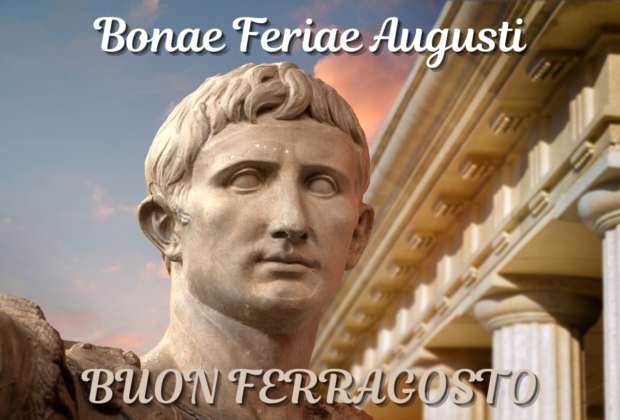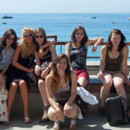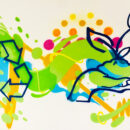Today Ferragosto for Italians means holidays, trips out of town, picnics and barbecues. The festival actually has very ancient origins and, once upon a time, it was celebrated in a different way.
The word Ferragosto derives from the Latin "Feriae Augusti", meaning Augustus' rest, and indicated a holiday established by the emperor Augustus in 18 BC to celebrate the harvests and the end of major agricultural work. During the festivities, horse races were organized throughout the Empire and draft animals (oxen, donkeys and mules) were released from work and adorned with flowers.
These ancient traditions live today, almost unchanged during the Palio dell'Assunta which takes place in Siena on August 16. The celebration is so-called because around the seventh century the feast became a Catholic holiday: the Ascension of the Madonna into Heaven.
The way we celebrate Ferragosto today has its origins in the Fascist era. Once he came to power, the regime decided to organize, through some associations, hundreds of popular trips and made the popular trains of Ferragosto available at heavily discounted rates. The promotional offer was only available in the period between 13 and 15 August and could be purchased in two formulas: the one-day trip, within a radius of about 50-100 km; and the three-day trip 100–200 km away. This also allowed the less well-off social classes to visit Italian cities or to reach seaside or mountain resorts. During these trips, most of the Italian families had, for the first time, the opportunity to go to the sea, in the mountains and in the cities of art.
Eating in restaurants was too expensive for many and so the tradition of picnics spread.
After the economic boom of the 1950s, the tradition of grilling meat in the company of friends spread.
On August 15th, special events are organized in some Italian locations: in Porto Santo Stefano, for example, the Palio dell'Argentario takes place, an ancient rowing competition; while in Montereale, in the province of L'Aquila, a poetry contest is held. At Molo Caligoliano in Pozzuoli, in the province of Naples, "O Pennone" is held, a challenge where competitors have to climb to the top of a pole covered with soap to retrieve a flag. In Sarteano, in the province of Siena, just before sunset, the Giostra del Saracino takes place, a competition of knightly skills in the 16th century, always preceded by an evocative historical procession in costume.

Listen to the episode of Italiano ON-Air dedicated to "Ferragosto"
Scuola Leonardo da Vinci Turin
The welcoming friendly atmosphere of our school will make you feel at home and you can relax with your classmates in the small gardens of the adjacent pedestrian area.
Latest posts by Scuola Leonardo da Vinci Turin (see all)
- ITALIAN COURSE & CHOCOLATE? CIOCCOLATO’ IN TURIN from 13 to 22 February 2026 - February 13, 2026
- Do you know the Turin specialities MoleCola and M**Bun? Come to Turin to try them! - January 22, 2026
- The 4+1 unmissable suggestions for Christmas shopping in Turin - December 17, 2025









